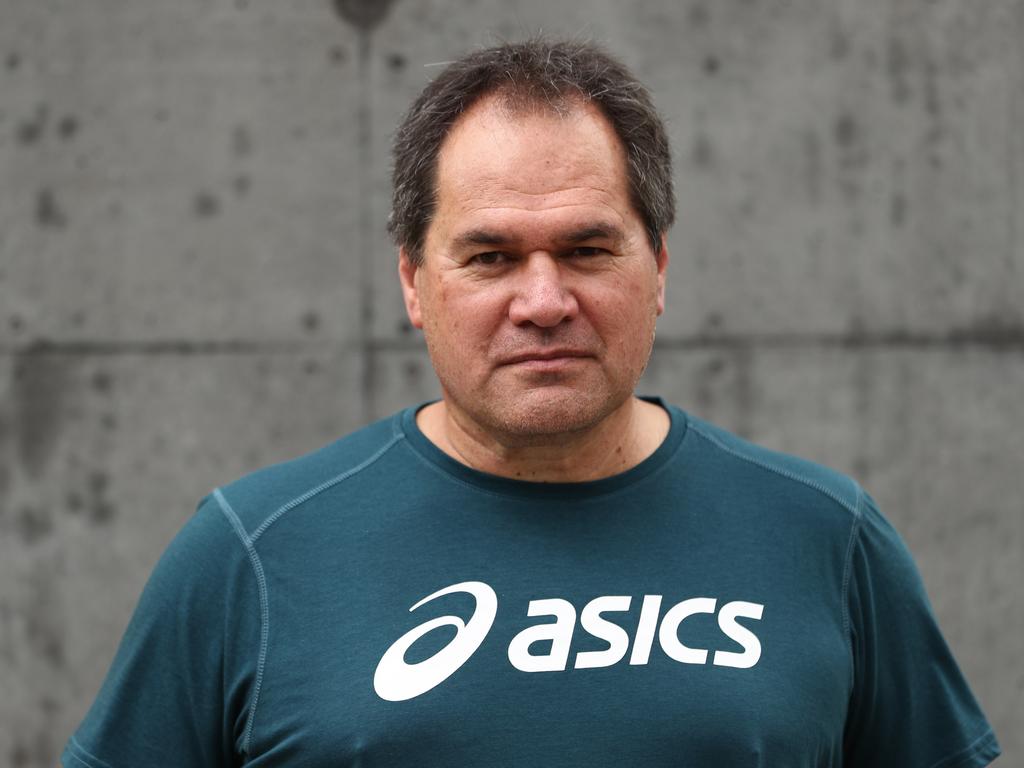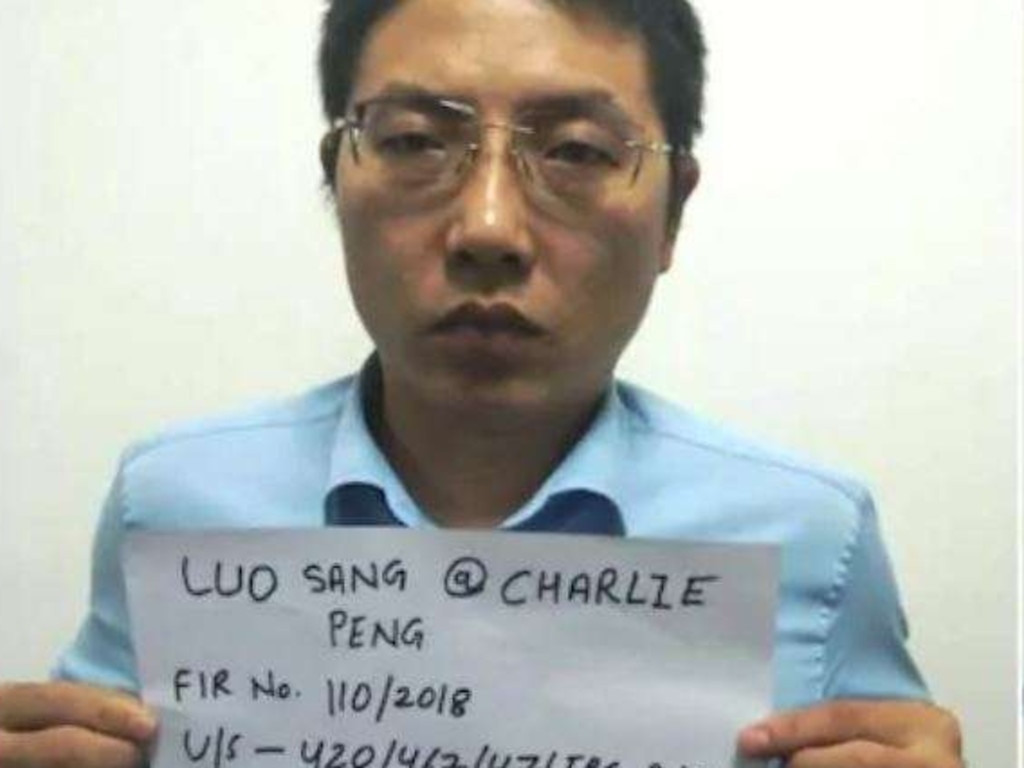
The Rio board’s response to the Juukan Gorge tragedy, a $5m fine for blowing up 46,000 years of heritage, was an absolute disgrace.
The Australasian Centre for Corporate Responsibility’s James Fitzgerald noted: “It amounts to little more than a public relations exercise that still attempts to blame the PKKP (native title holders), previous Rio Tinto administrations, and anyone else, rather than the company’s current senior management.”
Rio chair Simon Thompson and his board are being saved by the fact that Chinese demand for iron ore is at record highs and is bankrolling the WA and federal governments during the present recession.
Rio’s actions have intensified scrutiny of the entire industry and shareholders need to hold its board to account for its future actions after this whitewash, because the incumbents clearly feel accountability is easy to avoid.
Incoming AMP chair Debra Hazelton has no such luxury as she attempts to chart the corporate legend’s recovery after a litany of mistakes dating from its bungled 1998 listing to charging people fees for no service, to internal sexual harassment, to a former Australian boss sending “dick pics” to staff, and earlier failed corporate expansions.
The 170-year-old AMP motto is amicus certus in re incerta — a good friend in uncertain times — yet in recent years the country’s one-time financial service leader has done nothing but destroy trust in its services.
Hazelton’s best response is to immediately set in train a corporate split to divest AMP Capital and the bank and do her best to recover some value while there is any left.
Chief executive Francesco De Ferrari was responsible for appointing Boe Pahari as head of AMP Capital despite past harassment charges, yet the two are the only ones left standing after Monday’s coup.
If anything, their corporate positions were boosted by the board departures when maybe they also should have walked.
That leaves little confidence in the future, especially knowing Pahari stays in a demoted role only because he is the “key person” under fund manager contracts and AMP risks massive withdrawal from closed-end funds if he leaves.
It’s the corporate equivalent of staying on the team because you have the photos incriminating the captain.
On the surface AMP chair David Murray and his board colleague John Fraser did the right thing by resigning to preserve De Ferrari’s position, albeit with a gun at their heads.
It was a classic old school response in favour of management after shareholder Simon Mawhinney from Allen Gray told Murray last week that if he didn’t do something in a week he would call an extraordinary general meeting to let shareholders decide.
Mawhinney’s mind was turned sharply a week ago when he read reports of harassment victim Jule Szlakowski. He was disgusted by details and they were also at odds with what he was told by management and the board.
He simply ran out of patience but now wants the company left free to restore some credibility.
Asked two years ago why he accepted the job at AMP, Murray told this column: “I wanted to join a board of a company at which I could have some influence.”
When appointing De Ferrari as chief he said: “He is the last best chance to save the AMP.”
After avoiding big company boards since leaving CBA in 2005, Murray must rue the day he joined, and now his old mate, former CBA lawyer and Credit Suisse Australia chair John O’Sullivan, must also ponder his role on the board.
Banking on business
CBA is doubling the number of business bankers in branches in an attempt to convert its market share lead in small business transactions into longer-term relations.
The change is part of new business banking boss Mike Vacy-Lyle’s attempt to boost the bank’s ability to lend money to businesses outside straight property loans.
Vacy-Lyle has been in the job for six months and thinks Australian business lending is focused too much on securing the loan on property and not enough based on the actual business and its needs, like working capital.
In an interview with The Australian he said: “I want to get the conversations back to basic business, foreign exchange, capital needs, interest and receivables.”
Vacy Lyle sees CBA’s technology leadership as a big boost to its business.
Customers who already transact with the bank can access new funds in just 15 minutes, he said, by applying digitally with full approval.
This digital leadership also played its part in the early days of the COVID lockdowns.
The immediate challenge is COVID-19 and CBA took the early step of converting all its business loans to a deferred basis unless they opted out. The bank has some $17bn in loans outstanding to businesses with less than $5m a year in revenues.
Initially 10 per cent opted to keep paying off their loans as usual but 59,000, with around $14bn in debt, took the deferral and the bank is in the process of checking with the customers to see how they are going.
At this stage it seems only 2-3 per cent are what he would describe as high-risk customers.
From October the bank is hoping to get borrowers back on normal terms.
CBA has around 22 per cent of small business transaction market share and around 18 per cent of small business loans.
It trails NAB on the second score and Vacy-Lyle and his boss Matt Comyn are aiming to grab control of the business lending market.
He concedes right now demand is weak given the state of the economy and their main transactions are refinancing existing loans.
The move of staff into branches is part of the push to develop longer-term relationships so customers don’t get pushed to a call centre.
The time was right for countercyclical lending, he said, with the focus on hospitality and agriculture.
“The evidence shows when restrictions are lifted people have flooded back to restaurants, pubs and clubs,” he said.
In agriculture Vacy-Lyle has a focus on food security in general and also plant-based nutrition like avocado and nuts.
The bank is also looking at food processing among other manufacturing sectors.
“Security of supply chains is a big issue,” he said.
Milk shake-up
Bega chair Barry Irvin will this week report earnings before interest, tax, depreciation and amortisation of $100m and net debt around $280m, which means any tilt at Lion Dairy will need either a partner or a rights issue.
Lion on Tuesday can look for alternative bidders if, as expected, Mengniu cannot get its $600m dairy acquisition past Treasurer Josh Frydenberg.
Debt load aside, Bega is one of the few locals left who may be interested, with the others having ACCC or FIRB issues.








Two household-name companies, Rio Tinto and AMP, two corporate governance nightmares, two different reactions and in the end, two bad outcomes.